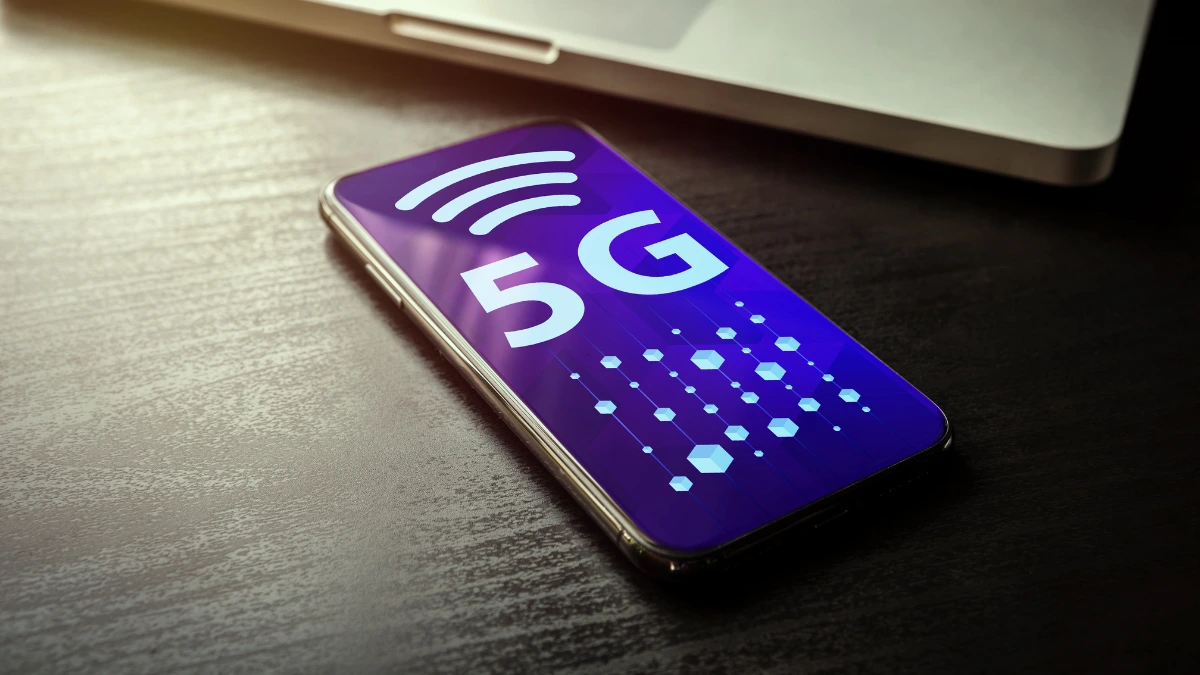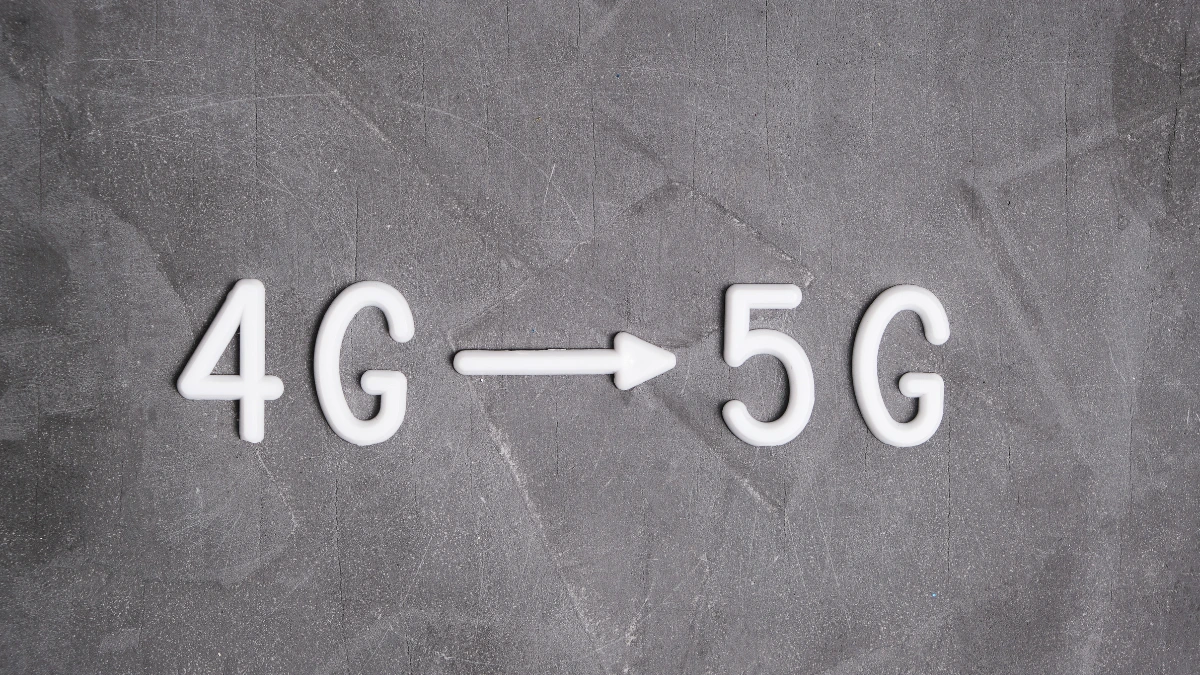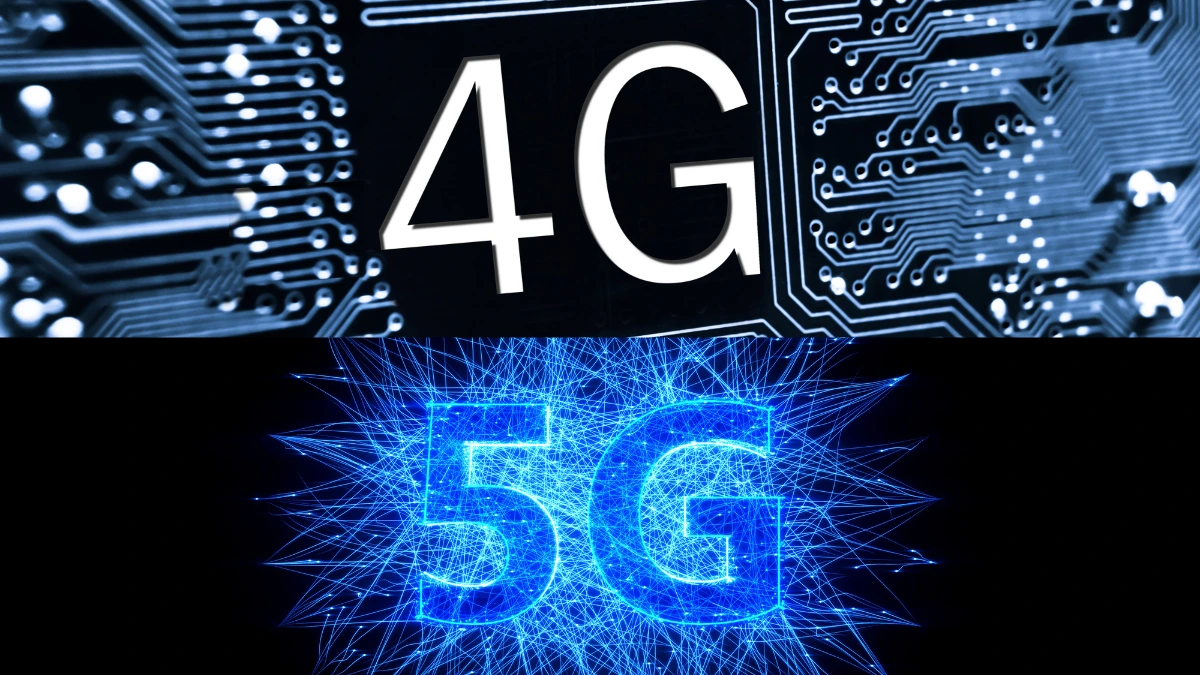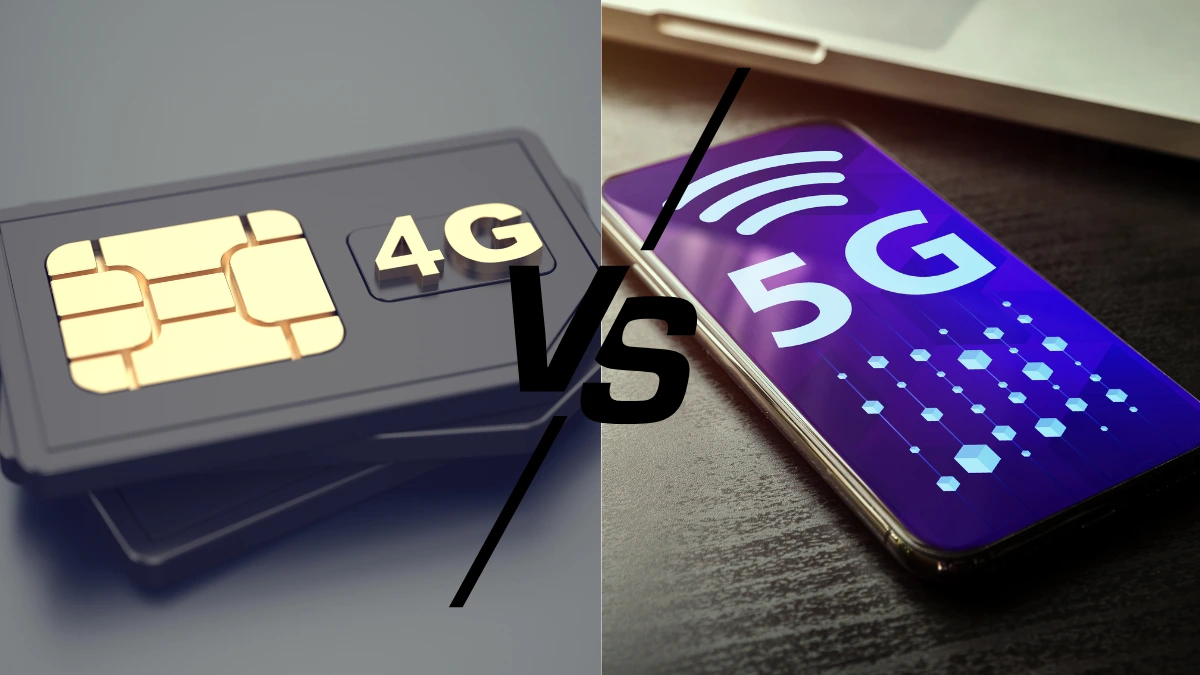The difference between 4G vs 5G technology has always been debated since the development of 5G technology. Since 4G was first introduced, it has become the backbone of cellular network technology.
The differences that are often debated between 4G vs 5G technology are speed, latency, capacity, and power consumption. In fact, the development from 4G to 5G is an innovation to have a better cellular network technology.
This article will review the development of this cellular network technology and the difference between 4G vs 5G technology.
What is 4G Technology?
4G is the fourth generation of wireless mobile network technology that replaced 3G. 4G brings significant improvements in internet speeds, enabling HD-quality video streaming, online gaming, and faster data access. 4G has maximum speeds reaching 100 Mbps and can reach up to 1 Gbps under ideal conditions.
What is 5G Technology?

5G is the fifth generation of wireless mobile network technology that provides higher upload and download speeds, more stable connections, and greater capacity than previous generations.
Compared to the 4G networks that are still widely used today, 5G offers much better speed and reliability, potentially changing the way we use the internet to access apps, social media, and information.
Technologies such as self-driving cars, high-graphics games, and live streaming services that require fast and stable data connections will greatly benefit from the arrival of 5G networks.
The Development of 4G to 5G

Technological innovations and international standardization aimed at improving the speed, latency, capacity, and connectedness of devices in mobile networks resulted in the development of mobile networks from 4G to 5G. Here are some of the mobile network developments from 4G to 5G:
4G was first introduced
In 2008, a more efficient and faster IP (Internet Protocol) based cellular network technology was introduced. This technology is called 4G which has the advantage that users can enjoy internet, video, and data services more smoothly and quickly than previous technologies.
Developed into Long-Term Evolution (LTE)
The development of 4G cellular network technology resulted in Long-Term Evolution (LTE) which was introduced in 2010. LTE is the most widely used 4G cellular network technology standard worldwide.
Advanced version of LTE technology
4G+ or LTE-A: 4G+ or LTE-A (Advanced) technology was introduced in 2013. This technology is an advanced version of LTE technology.
Becoming 5G
Offering faster speeds and latency than 4G, the next-generation mobile network technology 5G is here. First introduced in 2018, 5G technology enables better connectivity for IoT (Internet of Things) devices and allows the use of new technologies such as augmented reality (AR).
5G Standardization and Testing
In 2019, the International Telecommunication Union (ITU) officially released 5G technology standards. This enables the development and deployment of 5G technology globally. With the publication of this international standard, 5G technology began to be widely used by mobile operators with various challenges in its development.
The Difference of 4G vs 5G Technology

In 2019, the International Telecommunication Union (ITU) officially released 5G technology standards. This enables the development and deployment of 5G technology globally.
With the publication of this international standard, 5G technology began to be widely used by mobile operators with various challenges in its development. Here are some differences between 4G vs 5G technology in terms of performance:
1. Speed
4G: Speeds are much slower than 5G with maximum speeds reaching 100 Mbps.
5G: The technology has download and upload speeds that are up to 20 times faster than 4G up to a maximum of 10 Gbps.
2. Latency
4G: Has a latency of more than 20 milliseconds.
5G: Has a latency of less than 10 milliseconds.
3. Capacity
4G: Network quality degrades when many devices are connected.
5G: Has 10 times higher capacity with more devices that can be connected with the same signal quality.
4. Power Consumption
4G: Less power consumption than 5G.
5G: More resources are required to send and receive data at higher speeds, thus requiring higher power consumption.
That’s the difference between 4G vs 5G technology that can be your consideration in choosing according to your personal needs.
If you want a better cellular network technology with good speed and capacity, 5G is a good choice. And 4G is a good choice for better latency and power consumption. [UN].

